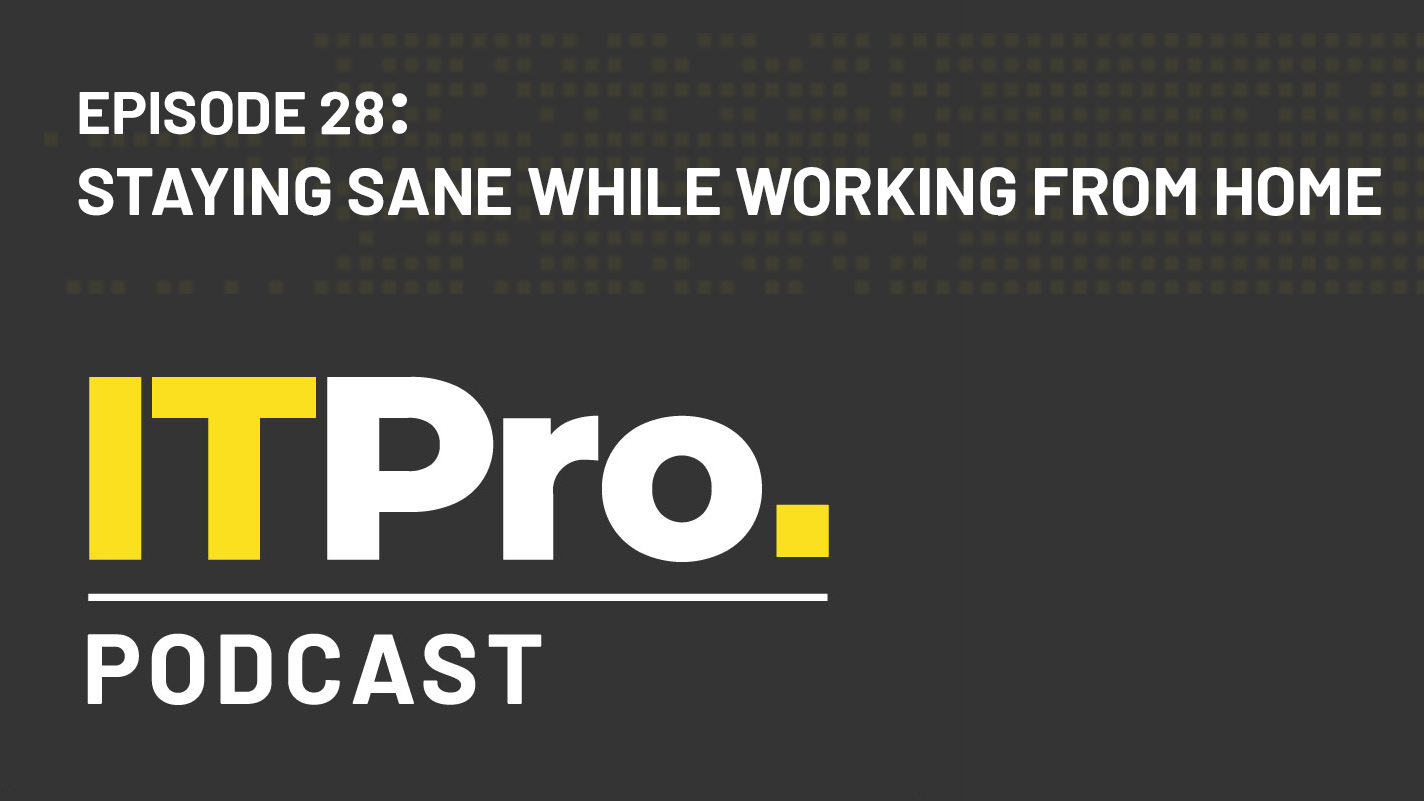How to be a great motivator
Keeping employees motivated – through the good and the bad – is not always easy


Sign up today and you will receive a free copy of our Future Focus 2025 report - the leading guidance on AI, cybersecurity and other IT challenges as per 700+ senior executives
You are now subscribed
Your newsletter sign-up was successful
Staying motivated at work isn't easy – now more than ever. Indeed, surveys suggest a third of Brits don't feel motivated in their current role.
This is a problem exacerbated by looming threats of redundancies as the economy teeters on the brink and also isn't helped by a lack of support from colleagues and managers while working from home.
"Employee motivation is critical through any recession, but when you have a degree of lockdown on top, then the challenge is much greater," says Andy Davies, senior vice president at HR firm MHR.
Addressing that challenge isn't easy, requiring a personalised approach - after all, what motivates one employee may frustrate another. "No two employees are exactly the same and even in the toughest of business conditions, managers need to personalise their approach, building on their understanding of what motivates employees as individuals," Davies says.
Motivating a team is the prime responsibility of a leader, according to Jake Third, managing director at Hallam, who also stresses how important it is to know what really matters to your colleagues.
"Once you understand what they want, find that sweet spot where the organisation's goals and their personal goals overlap," he says.
"If their own personal ambitions are in alignment with the company's objectives, they will naturally want to win for the company."
Sign up today and you will receive a free copy of our Future Focus 2025 report - the leading guidance on AI, cybersecurity and other IT challenges as per 700+ senior executives
While a personal touch is key to finding out what motivates specific employees, good managers can also lead from the top.
"I make motivation the core of my message in all settings and remind my teams through personal stories that we are all in the same situation," says Brandon Bekker, senior vice president of cyber security firm Mimecast.
"I like to talk about what our legacy will be and what we will do now so we’re proud to tell our grandkids about it."
Get talking
Communication is core to understanding what motivates staff, and though we may be working remotely, at least we have the tools to keep in touch.
Dean Shillingford, head of people and culture at Bitstocks, says his company uses Monday and Slack to coordinate projects, but also Slack and Google Hangouts for social meetups, including a film club, quiz, and Friday morning workout.
"These tools don’t take the place of talking via video chats, with all heads of departments being reminded of the importance of listening to their team members and keeping in touch with them on a personal level, as well as about work-related matters," he adds.
RELATED RESOURCE

The IT Pro Podcast: Staying sane while working from home
With remote working set to continue, how can we avoid stress and burnout?
Socialising can help, agrees Nikki Thorpe, people operations manager at Planday. “Social teams are special teams and if your business is used to getting together after work for a drink, that shouldn’t change if you’re in self-isolation," she says.
"Get everyone together via video conference and bring a drink of choice and have a chat and a laugh as you normally would."
More than money
What motivates employees? Research suggests a few common threads - and money, benefits, flexible working, the chance of promotion, and recognition are all well proven motivators.
Research sponsored by SMELoans shows half of Brits see salary as their biggest motivator, followed by flexible working, having a boss they enjoy working with, and a short commute.
But there could be more to it.
To read the rest of this feature, which was originally published by sister title The Business Briefing, please download the original in its PDF form.
And, to sign up to receive future issues of The Business Briefing (delivered to your inbox every Monday), please fill in the form below.
Freelance journalist Nicole Kobie first started writing for ITPro in 2007, with bylines in New Scientist, Wired, PC Pro and many more.
Nicole the author of a book about the history of technology, The Long History of the Future.
